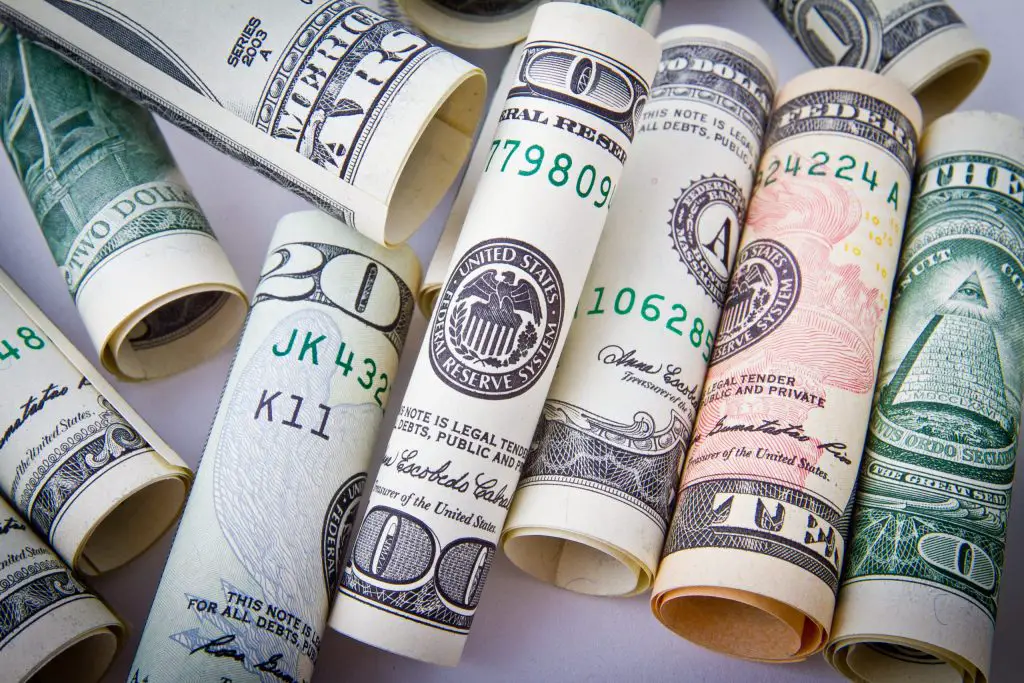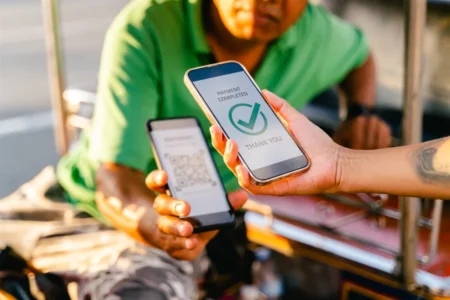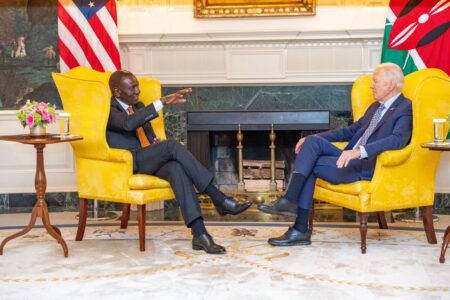- It is not easy to create a common currency since it needs the creation of a central monetary system for several nations
- The AU and ECOWAS should reconsider their approach—a common physical currency—and move their attention to building a common digital currency, as the EU is doing
- With the establishment of the Pan-African Payment and Settlement System (PAPSS), which allows for the simple conversion of numerous African currencies, some progress—or maybe too little—has been achieved
- When turned into digital money, Africa’s weak currencies have little chance against stablecoins backed by the US dollar
It is not easy to create a common currency and it would need the creation of a central monetary system for several nations.
This is a regime that, given the diverse economic demands of countries, may be judged undesirable for some member states. Africa’s desire for economic and monetary integration dates back many years.
African Union in creating a common currency in Africa
In reality, the AU has been thinking about a common currency for Africa for 31 years. With the establishment of the Pan-African Payment and Settlement System (PAPSS), which allows for the simple conversion of numerous African currencies, some progress—or maybe too little—has been achieved. PAPSS went commercial on January 13, 2022, after a successful pilot in six West African countries.
The African Continental Free Trade Area (AfCFTA) deal, the world’s largest trade pact since the World Trade Organization (WTO), was negotiated in 2018 by the continent’s government leaders. AfCFTA is a treaty that aims to create a common market for African countries to trade products and services smoothly and strengthen economic integration on the continent.
Read: Ghana, Nigeria digital currencies sabotaging West Africa’s Franc
The deal agreed by all AU member states except Eritrea, which supports regional rather than continental integration, is expected to improve Africa’s wealth by $450 billion and elevate 30 million people out of extreme poverty by 2035.
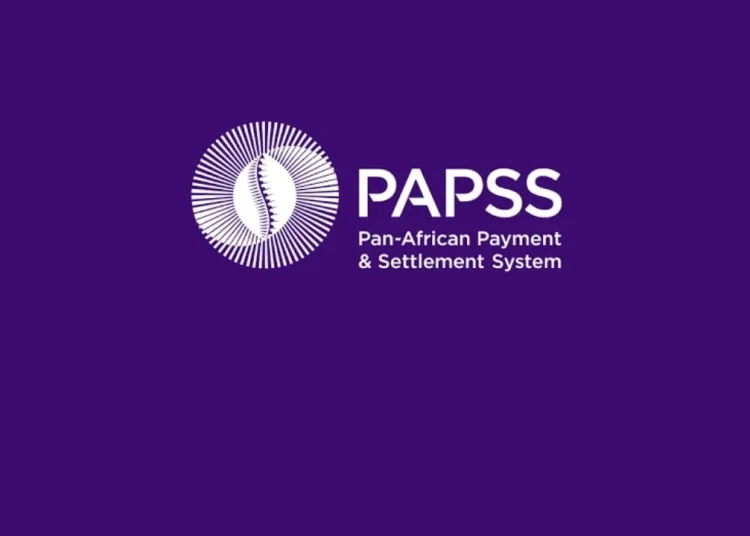
On a regional level, in West Africa, the Economic Community of West African States (ECOWAS) publicly approved the name “eco” for its common currency initiative on June 29, 2019. The currency was intended to go into circulation in 2020. However, the adoption of the eco as a common currency, as envisaged by ECOWAS, has yet to take place, having been postponed four times since its conception in 2003.
AfCFTA is part of the African Union’s (AU) aim to one day make Africa like the European Union (EU), with a common currency at the heart of this proposal. The euro was adopted by the EU 20 years ago, and it is now used by over 340 million people in 19 EU nations, with 27.6 billion euro banknotes in circulation worth around $1.605 trillion. It is now the world’s second most extensively used currency, trailing only the US dollar. Unsurprisingly, the EU has linked the recent economic success of European countries to the euro. As a result, it is no surprise that Africa is eyeing such enticing profits for the region.
Central Banks’ Preference for Digital Currency
The digital revolution is transforming currency and banking, and worldwide governmental agencies do not want to be left out. The fear of losing out has resulted in the development of central bank digital currencies (CBDCs). A CBDC utilizes technology to generate a digital version of a country’s or region’s currency.
Over 86 per cent of nations in the world are actively exploring the potential benefits that CBCDs present for their economies. Several African countries are researching the technology’s viability. Financial inclusion is one of the primary selling factors of Nigeria’s eNaira due to lengthy traditional bank processes, excessive bank charges, and a lack of trust in traditional banks.
The recent establishment of (CBDCs) in Nigeria and Ghana, with Rwanda, South Africa, Tanzania, and Kenya in the research phases, may further postpone the emergence of a common African currency. The ECOWAS’ eco was supposed to be launched in January 2020, but they missed that deadline; instead, important countries in the region, Ghana and Nigeria, have established their own CBDCs.
Read: Africa’s economies to defy pandemic, perform well in 2022/23
It is vital to highlight that Nigeria is critical to the formation of the eco not just because it is the region’s largest country but also because it is West Africa’s only country with a banknote mint and printer. The West African behemoth has poured vast resources into constructing its CBDC, the eNaira, maybe to display its scepticism about the possibility of a continental currency.
As some of the benefits of the eNaira, Nigeria’s central bank mentioned quicker financial inclusion, enhanced cross-border commerce, promotion of cheaper and faster remittance inflows, improved tax collection, and convenience in social interventions. The United States sees central bank digital currencies as a way to reach out to its seven million unbanked citizens.
Central banks will offer speed wallets to citizens in place of bank accounts. This will give central banks greater influence over the financial sector. They can better target certain sectors of the economy that need to borrow funds at lower interest rates if they have precise knowledge about the movement of money in the country. China already has a tiered interest scheme with the digital yuan.
CBDCs also enable governments to provide stimulus packages to individuals much more quickly via the speed wallet on their phones. This can assist in avoiding the kind of anomalies that plagued Kenya’s pandemic cash transfer scheme.
Visa has created a new idea known as the “Universal Payment Channel” (UPC), which operates as a hub, integrating several blockchain networks and enabling the secure transfer of digital currency. It will allow someone in Canada, for example, to transfer USDC, a stablecoin, to someone in Nigeria, and it will be instantly converted to eNaira by the time it reaches the CBDC wallet.
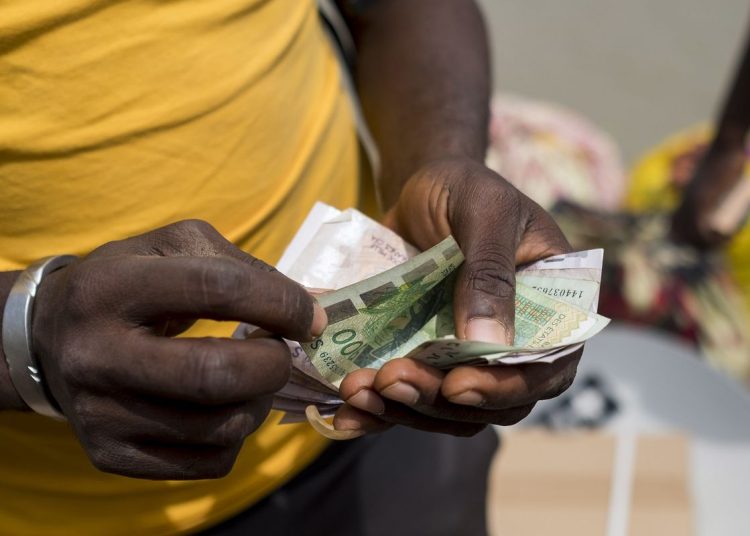
The CBDCS Flipsides
Privately created digital tokens are rapidly being utilized for local and international transactions, even though central banks do not control them. One key reason is that digital tokens make it easier for merchants and customers to transact business, especially worldwide. This raises the question of interoperability. If each African nation establishes its own CBDC, it must guarantee that it does not erect artificial hurdles to cross-border economic activity.
The Dunbar Project, which draws central banks from South Africa, Australia, Singapore, and Malaysia to create CBDCs to construct platforms for cross-border transfer, is a significant attempt to address this difficulty. This is designed to eliminate the need for intermediaries while also reducing transaction costs and time.
Stablecoins are significant risks to CBDCs. Tether (USDT), Binance USD (BUSD), and USD Coin (USDC) are examples of stablecoins, which are cryptocurrencies that are tied to a real-world asset, such as a fiat currency like the US dollar or a commodity like gold.
When considering the impact of stablecoins, a country like the United States may not consider the value of its currency, but African countries must. This is explained in a statement by Jerome Powell, the chairman of the US Federal Reserve: “If you had a digital US currency, you wouldn’t need stablecoins or cryptocurrencies,” he stated.
This suggests that the strength of the US dollar is sufficient to render cryptocurrencies obsolete. The main disadvantage is that consumers may choose privacy in privately minted stablecoins of the same value. However, Africa lacks this flexibility. When turned into digital money, Africa’s weak currencies have little chance against a stablecoin backed by the US dollar.
Another significant problem for CBDC in Africa is determining how it would offer access to those who do not have cell phones or internet connections on the continent. Only 46 per cent of the population in Sub-Saharan Africa has access to mobile phones. And just a little more than 28 per cent of them have an internet connection. Even in the African nations like Nigeria, Ghana, and South Africa, with some of the greatest internet penetration rates on the continent, over half of the population is still unable to access the internet. CBDCs must solve these issues to be beneficial to a greater population.
Cryptocurrencies are already feasible solutions for cross-border payments in Africa, avoiding the difficulty of trading across over 40 distinct currencies and their unique financial systems.
The AU and ECOWAS should reconsider their approach—a common physical currency—and move their attention to building a common digital currency, as the EU is doing. Better still, African nations must ensure that their digital currencies can readily interact across borders.
The big question in Africa still remains, will digital currency replace money?
Read: Shift from the dollar with Pan-African Payment System launch





